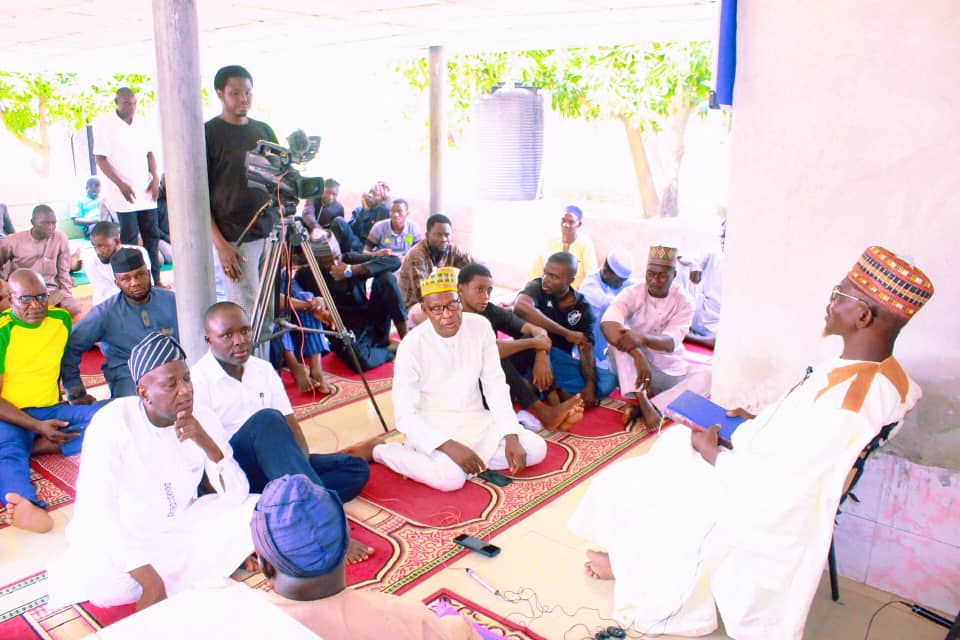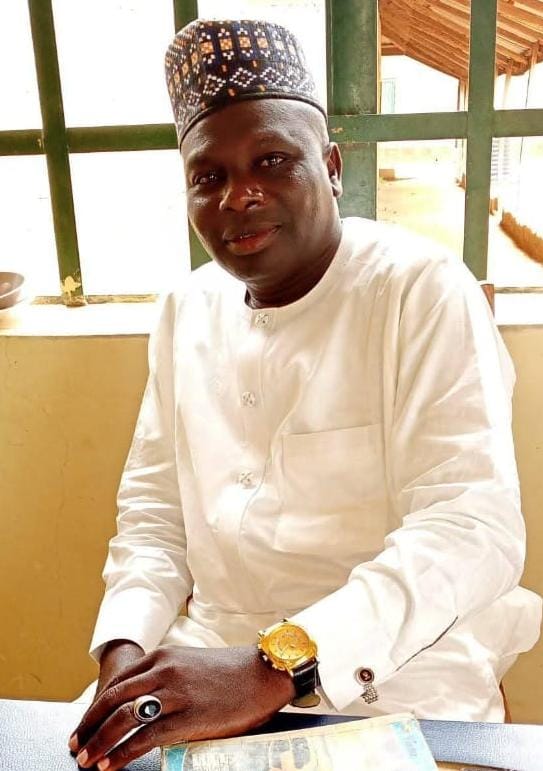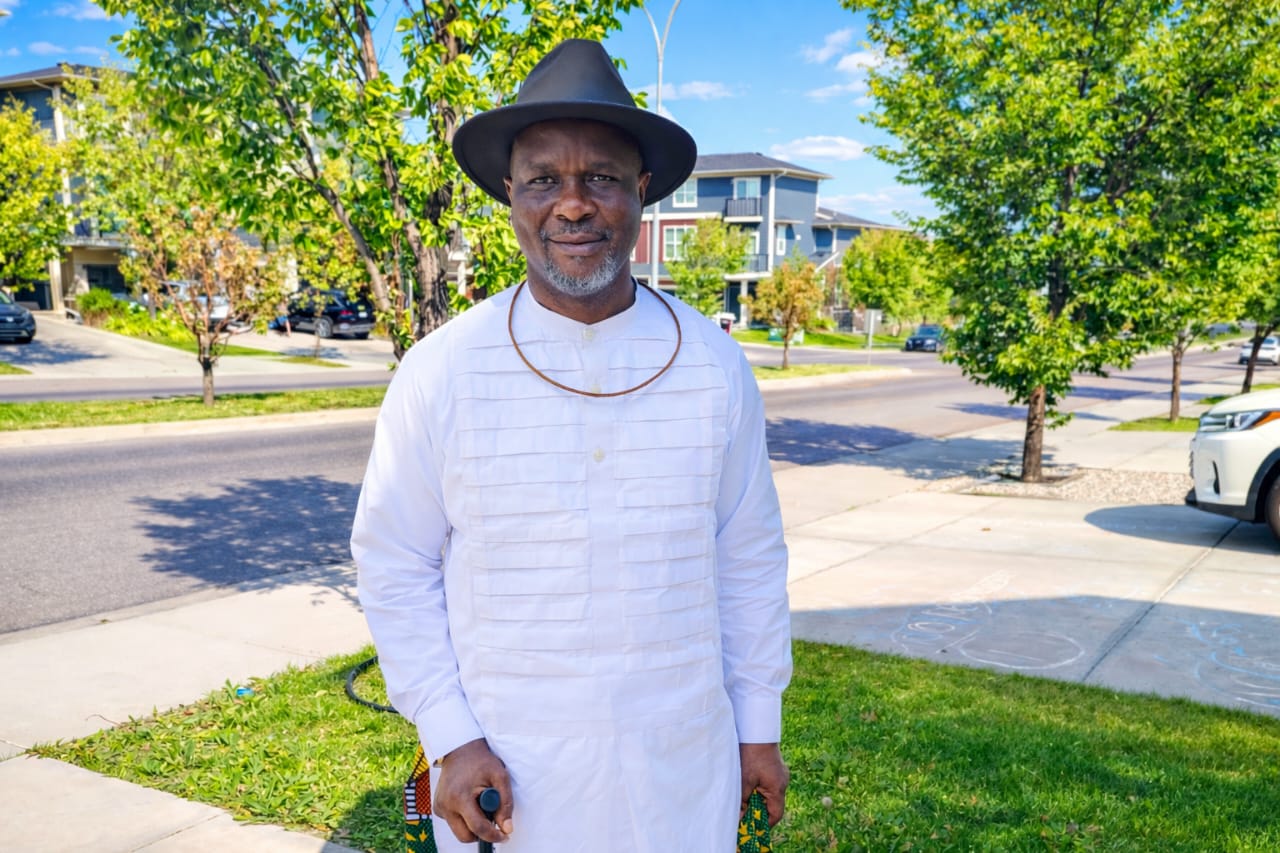Innocent 2Baba Idibia says he got permission to record African Queen, but was blackmailed once it became a hit
Innocent Ujah Idibia, known as 2Baba (formerly 2Face Idibia), is a prominent Nigerian singer-songwriter and philanthropist born on September 18, 1975. He gained fame with his debut album Face 2 Face (2004) and is celebrated for hits like “African Queen.” 2Baba co-founded the group Plantashun Boiz before launching a successful solo career, earning numerous awards, including the MTV Europe Music Award for Best African Act in 2005.
He is also known for his activism, particularly in campaigns promoting peace and children’s rights
Throughout my career, I have been viewed as the antagonist of the Plantashun legacy, with some asserting that I chose to pursue financial opportunities at the expense of my relationships with my former collaborators.
Some people say I stole a song and passed it off as my own hit.
Given that I am an enigma, I have chosen to ignore it all as my life revolves around peace, I make a conscious effort not to pursue the problematic side of life, my loving wife Ani would always encourage me to speak out and clear my name but I allowed time to elapse.
I gave it time because time exposes all things.
Now that we are growing older, our children should not view themselves and remark
What many individuals are unaware of is that I obtained permission from the writer, as is standard professional practice.
The writer said to me, “My brother, we share a common heritage as Idoma brothers. I am creatively gifted in writing and can produce another piece. This particular one is the least of my tracks that will achieve widespread recognition.”
He made the mistake of underestimating the African Queen, which motivated me to record it, energize it, and add my vocal flair, propelling it to global fame beyond Africa.
The song became an international sensation, generating platinum sales for Kennis Music, my former record label. African Queen transformed into a movement, reigniting awareness of the beauty of African women, epitomizing the Pan-African spirit, and securing an award from MTV.
In my capacity as a peaceful person, I contacted the writer to show my appreciation from my own earnings, given that Kennis sponsored my entire endeavors at the time and therefore managed my funds.
The writer declined my offer of ₦2 million naira and a plot of land in Otukpo, Benue State, citing his expectation of greater compensation.
I endeavored to explain to the writer that the offer I put forth was sourced from my limited personal savings and that I would be willing to increase my contribution in the future as my financial situation improves. The writer required a more substantial offer, based on his perception of me as a global entity with greater financial means, without taking into account my status as an individual operating under a label.
I even brought it to the attention of my King, but the writer still maintained their stance.
At that juncture, I chose to progress and let destiny take its course, since it was starting to impede my career advancement.
The record label functions akin to a football business, they do not simply sign you to take up space but to garner prestigious awards.










